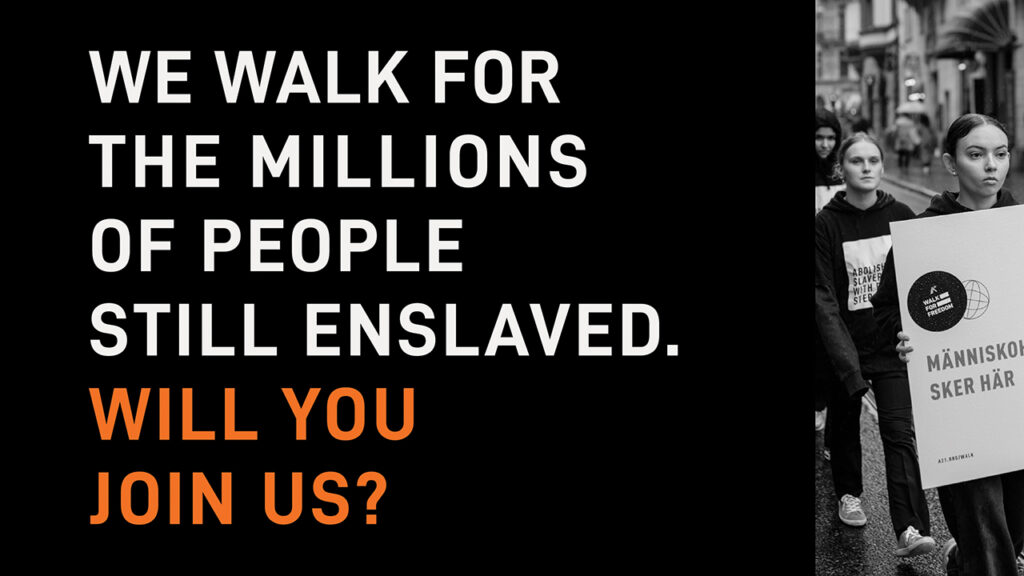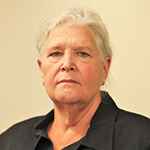
Quad Citians are urged to join the fight against human trafficking by participating in the Sept. 13 Rotary Walks Against Human Trafficking hosted by the Rotary District 6420 Task Against Human Trafficking.
Quad Citians who want to raise awareness of human trafficking and walk to aid victims who cannot run away from their captors are urged to line up on Saturday, Oct. 14, for a two-state Walk for Freedom across the Interstate 74 Bridge.
Organizing the one-way, one-mile or roundtrip two-mile trek against trafficking on the new, award-winning Mississippi River bridge’s pedestrian walkway is the…

Want to Read More?
Get immediate, unlimited access to all subscriber content and much more.
Learn more in our subscriber FAQ.
Do you want to read and share this article without a paywall?







